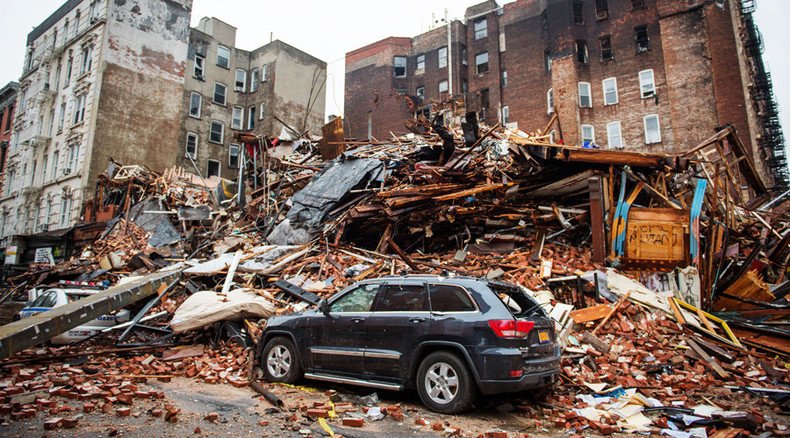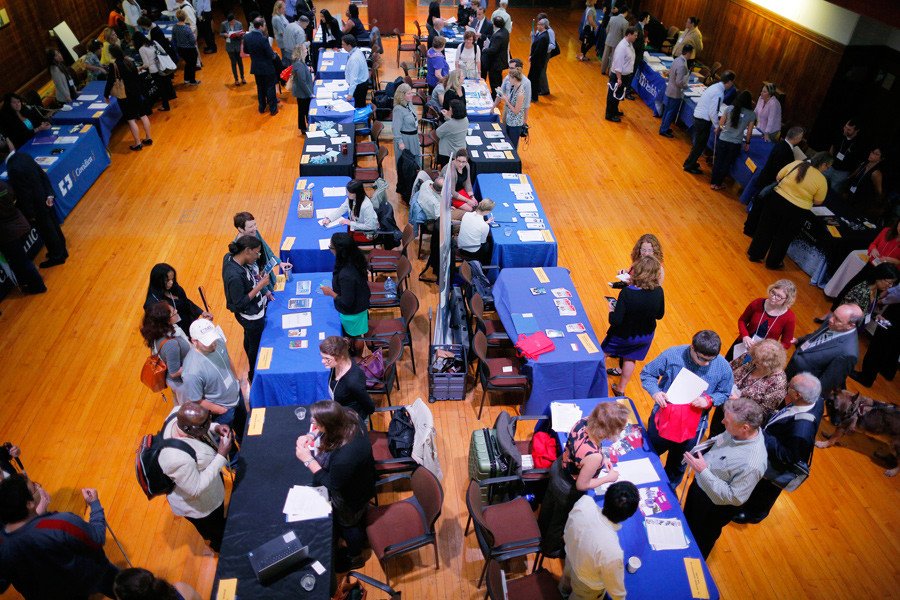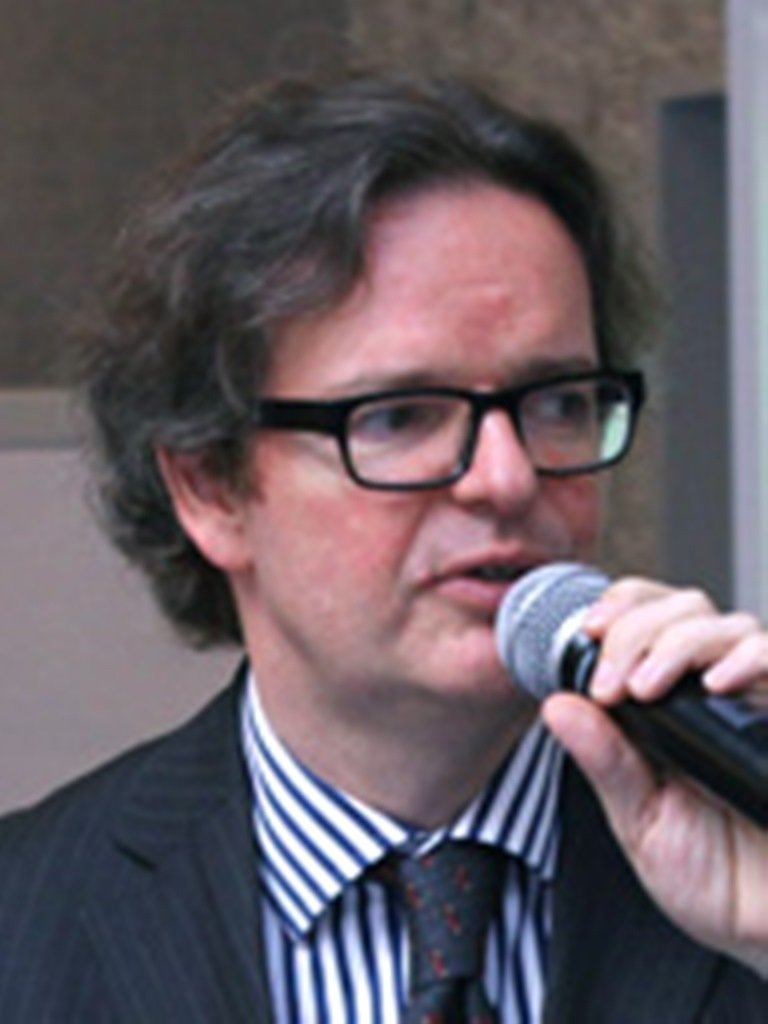Global economy 2015: As good as it gets

China looks precarious, as Eurocrats continue to forlornly prod the eurozone weeds desperately seeking green shoots of recovery. Meanwhile, the US economic upswing is looking rather mature...and therein lays the problem. This summer may be as good as the economy gets.
On the one hand you could call it my Han Solo effect. Maybe it’s an outbreak of masculine intuition but from every economic angle, my fiscal outlook is “I’ve got a bad feeling about this.”
Naturally there will be those who seek to drag politics into the whole affair and see a conspiracy of neoliberals or mad Marxists or indeed green men in spacesuits in league with [insert religious group of your choice]. I just see a lot of statistics inferring we have quantitatively eased our way too far from economic gravity. That takes organization, involving all the conspiracy theorists’ preferred scapegoats and way more besides….
In the US, the average (post World War II) economic upswing has been 58 months; August 2015 marks 74 months in the current expansionary phase. True, that doesn’t mean the cycle couldn’t continue for a long time yet, but recent employment statistics have suggested an aging upswing, while soon the Fed will be forced to remove the QE punchbowl from the party by raising interest rates.
Rising interest rates has not happened in so long that a whole generation of Western investors is essentially bereft of the experience. That worries me. For the funny money craziness of Quantitative Easing has had a massive impact upon asset values, as anybody who has tried to buy a glorified closet in London is only too readily aware (Incidentally, a worrying anecdotal sign was US billionaire and presidential hopeful Donald Trump selling a New York penthouse for $21 million dollars - a 40 percent discount to the initial $35 million asking price! Love him or hate him, he didn’t become a billionaire through making bad investment/divestment decisions).

Make no mistake, asset values almost everywhere are stuck in the stratosphere. Asian real estate has also seen a huge bubble (much like 1997 before the Asian crisis), while equity markets in China recently opted out of their easy money fuelled bull market. That the government has stepped in looks worryingly akin to King Canute turning his tide engineering experiment into a fiscal one instead. The Chinese equity market has been all but nationalized yet still share prices are looking precarious.
One reason Chinese equities are declining has been the drying up of demand overall across the world. That can easily be seen in the commodity market where it’s not just oil (-40 percent+) industrial metals (-30 percent+) and other essential resources for manufacturing have been diving for months.
Yet the decline in commodities has come against unprecedented low interest rates, forced down by years of central bank funny money from the Fed, Bank of England and the ECB too. Yet, a quick perusal of Europe suggests this is not a 'hood to remain optimistic around.
Having comprehensively squandered the window to reform as the economy collapsed, EU nations are finding the going tough as despite seemingly endless hollow claims of various EU presidents past and present, the green shoots of recovery have simply failed to emerge. This happens when you create an investment unfriendly corporate socialist environment which is unable to embrace the future for fear of upsetting analogue vested interests. Europe is in terminal decline having failed to grow with the rest of the world for years.
Despite this, equity markets have been rather frothy. Bond markets, thanks to QE, remain at simply giddy levels - companies with remarkably modest balance sheets have been able to borrow in single figures for years now. Markets are completely mispricing the relative credit. Interest rates will show the demise of zombie companies (even nations) who have been kept on life support by low interest rates despite an overwhelming debt pile. Alongside the precious metals collapse, with gold at a 5-year low, the stage is being set for an asset bubble burst which may rival Asia in 1998 and the West two decades later - combined!
Meanwhile, art, classic cars & all other intangible assets are set for vast falls from their giddily inflated levels. Yet for the vast numbers of unemployed left behind by Europe’s decline alone, it may be hard to believe that for the medium-term this may indeed be as good as it gets.
Economists often speak of the 'greater fool’ theory - aka there will always be another to buy your inflated assets. Trouble is, amongst the 7.3 billion individuals on earth, I fear we have run out of next-generation buyers, foolish or not, and the tumbling prices of raw materials are a big sign that things are turning ugly.
My own position on world markets? Something akin to fetal. I may be an optimist, but I am not foolhardy.
The statements, views and opinions expressed in this column are solely those of the author and do not necessarily represent those of RT.
The statements, views and opinions expressed in this column are solely those of the author and do not necessarily represent those of RT.













